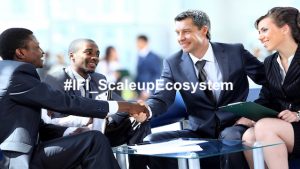The European Commission expert panel applied the entrepreneurial innovation ecosystem model developed by IFI in expert advice in Montenegro. In this assignment, Totti Könnölä, CEO if IFI, was the rapporteur of the panel that was set up to provide external advice and operational recommendations on how the country could develop its entrepreneurial innovation ecosystem.
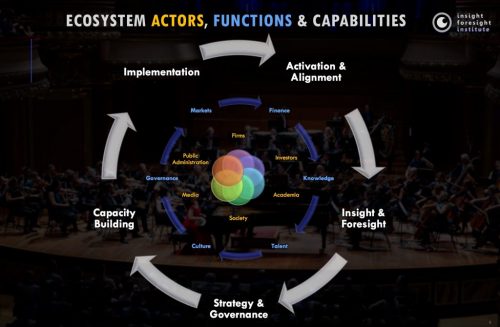
The expert panel provided advice on the necessary legislative changes, the design of a functional entrepreneurial innovation and startup support ecosystem model and the necessary funding schemes for startups and other actors of the ecosystem.
For more information
The Commission project website
The final report available here for free
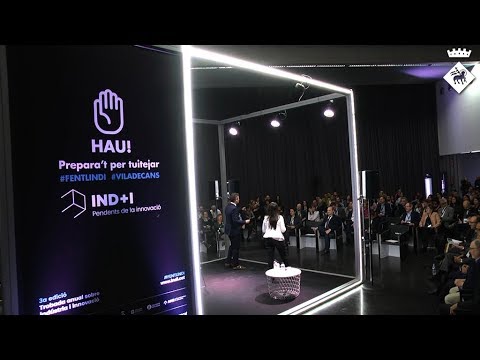
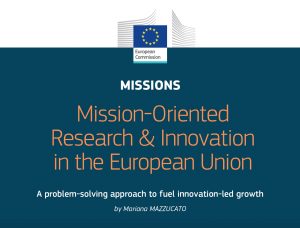 As a response to the Commission public consultation on the report of Professor Mariana Mazzucato on ‘
As a response to the Commission public consultation on the report of Professor Mariana Mazzucato on ‘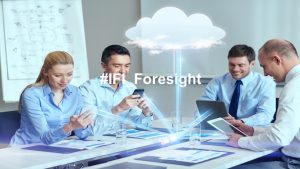 In response to the new business reality of the world VUCA (comes from the words in English: volatility, uncertainty, complexity and ambiguity), companies develop their activities, increasingly, in networks of collaborators and develop their own ecosystems to be able to innovate. an agile and connected way. These networks and ecosystems also open opportunities to improve foresight and technological intelligence both to identify and connect new signals and to interpret their relevance.
In response to the new business reality of the world VUCA (comes from the words in English: volatility, uncertainty, complexity and ambiguity), companies develop their activities, increasingly, in networks of collaborators and develop their own ecosystems to be able to innovate. an agile and connected way. These networks and ecosystems also open opportunities to improve foresight and technological intelligence both to identify and connect new signals and to interpret their relevance.